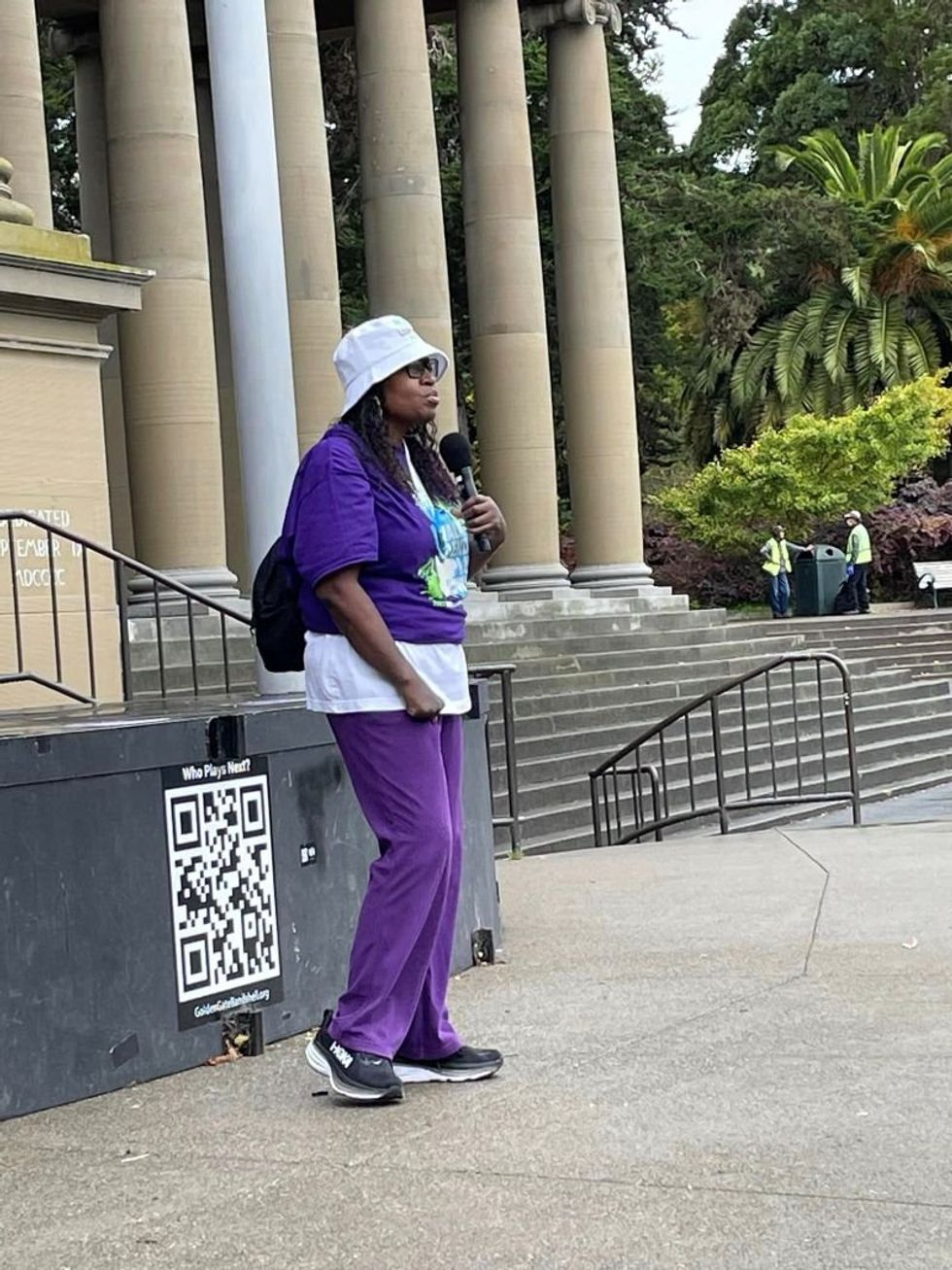
As is told Marnie Goodfriend
I have always been an emotions search engine. At 22, I wanted to experience life to the fullest, and enjoyed snowboarding, traveling and even Bungee jump. I was healthy and had never had anything more than a cold until I started experiencing extreme fatigue, joint pain and swelling on my legs, feet, hands and arms. Walking, resting or standing was difficult, and I couldn’t grab things anymore. After a few weeks, the pain became unbearable, so I went to my doctor to get to the bottom.
The doctor barely looked at my body and did not perform any test. They gave me ibuprofen and told me to return if the pain persisted. The missing days of work caused financial tension, and pain continued to get worse. The doctor I saw did not investigate the root cause of my condition. Instead, my medications increased to heavy duty analgesics. Two months later, I had no relief and I was forcing myself to go to work.
One day, the pain turned too much. I fainted and fell from my desktop chair at work. In the emergency room, I had no idea that my body was closing me. They wanted to free myself, but my mother and my godmother demanded that they keep me during the night and test. I was trembling with 104 degree fever and had problems breathing. Finally they admitted me, and they diagnosed me Pericarditis (Inflammation of the membrane that surrounds your heart) and pneumonia. And they performed an Ana test, which helps detect autoimmune diseases. On my 23 birthday, Ana’s test returned positive. According to that information and my symptoms, Lupus diagnosed me.
I was isolated in the hospital for more than a month with high doses of steroids while trying to process a weakening disease that can be potentially deadly. A high school friend had Lupus, and had seen that it was horrible for her. I worried that I was going to die. It was difficult to understand how to live a new normality, make serious changes in my life that I had never considered and crying all the things I would never do. It was a blessing that had been with my company for years and could take an absence permit. My friends and coworkers were a great source of support, but my mother was and is still my rock. My first nephew was born then, which gave me the strength to continue advancing.
Once they were discharged, I moved with my mother and entered a state of depression. All medications, pain, doctors visits and physiotherapy were a lot to assimilate. Seeing that I was experiencing intense emotions, my rheumatologist encouraged me to see a therapist and connected to me with a support group for Lupus warriors. That’s where I found my people and learned from their experiences with the disease, which completely changed my perspective. My mother became my full -time caregiver without hesitation. I know it has not been easy for her, and I have a little guilt and sadness that I had to take care of myself as an adult when it should be the other way around.
For two years, I kept working but I took absence leaves when my symptoms worsened. Then, my high school friend died due to complications of Lupus, and I developed the Lupus nephritis (renal lupus). Without that support system, I would have believed that it would also be my destination. Instead, I invited some friends to participate in the Lupus Foundation of America (LFA) Lupus Walk in San Francisco. Being in a space where thousands of people know for what you are happening and you are supported by family, friends, co -workers, sponsors and volunteers was empowering. He inspired me to say: «I’m not going to let Lupus overcome me,» so I became a volunteer of the organization, which helped me turn my pain into purpose.
 Tracy at the lupus Foundation of America’s Walk to End Lupus Now, San Francisco, October 2023
Tracy at the lupus Foundation of America’s Walk to End Lupus Now, San Francisco, October 2023
Lupus is an unpredictable and incurable disease, and at the time they diagnosed me, there were no medications specifically developed to treat it. I built a team of medical care suppliers (PS), from nephrologists to nutritionists and therapists, to help me handle its many symptoms. I also learned to become my own health defender and find new HCP when others were not providing adequate attention. Throughout this time, I continued working in my full -time work, but they said goodbye and I became a contractual worker when I was just over 30 years old. Losing my company’s health insurance was a blow because I had to pay most of my medical invoices. At the same time, I had a lupus flare, which is when the disease attacks an organ or system in its body. That time, it was my gastrointestinal system, and I lost 100 pounds in less than six months. I was surviving with rice, water and oats. The rapid weight loss caused muscle atrophy and extreme weakness.
I had another terrible outbreak during the pandemic. I had a new permanent work that I loved when I began to feel fatigue. I couldn’t walk from my desk to the bathroom and I always felt cold. He could barely lift his heads and walk, sit, everything, hurt her. My HCP’s office told me that I needed to see my supplier immediately because my weekly laboratory tests showed that I was in danger. I didn’t want to leave the job, but they had also approached my father, who took me to the hospital. He had severe anemia. As a result, I received two blood transfusions and was hospitalized again for more than a week. While I recovered at home, I began to lose my ability to move and I couldn’t take care of myself. It was a fight for my life: I couldn’t bathe. I needed help to get to the bathroom. I lost my ability to walk and I had to learn again through intense physiotherapy. I have not been able to work and have been in disability since then.
Lupus can be a very lonely disease. You don’t want people to sympathize with you. I remember that people asked me: «Are you going to die? Is Lupus contagious? Is it like AIDS?» So, minimizes the disease because people’s words can hurt, and does not want to be a burden for their support system. His pain can be in a 10, but he will tell someone who has six. You may need help to walk, but don’t want to ask for it. Since lupus is mainly an invisible disease, people will say that you do not seem sick, even when, internally, you are in flames. This isolation is the reason why I am committed to making lupus more visible when working as an ambassador and defender and talking with pharmaceutical companies and legislators about financing and support. One of my greatest achievements became LFA’s Bay Area Lupus Support Group Facilitator, creating a safe space for lupus warriors to be educated about lupus, share information and resources, and are heard, because that changed my life, especially early in my diagnosis.
Today, I know I can live a full life with Lupus, and I want others to know it too. You can still prosper and enjoy. I love activities such as my reading club, music concerts and food tours. While I had to cry not to become a mother, my three nephews are so light in my life that I can pouring so much love into them. Spending time with my family and being aunt are the greatest joys of my life. My faith has been proven, but I pray and trust in God. It is the most important thing in my life that has kept me strong during my lupus trip.
This educational resource was created with the support of Glaxosmithkline, Merck and Novartis.
Do you have your own real women, real stories that you want to share? Let us know.
Our real women, real stories are the authentic experiences of real life women. The opinions, opinions and experiences shared in these stories are not backed by healthy women and do not necessarily reflect the official policy or the position of healthy women.
Of the articles of your site
Related articles on the web






